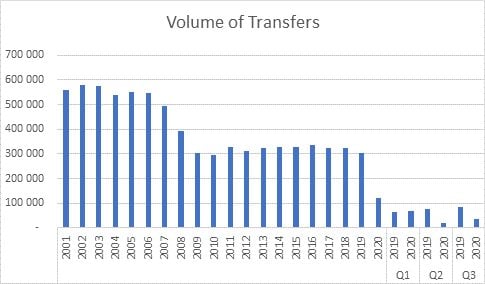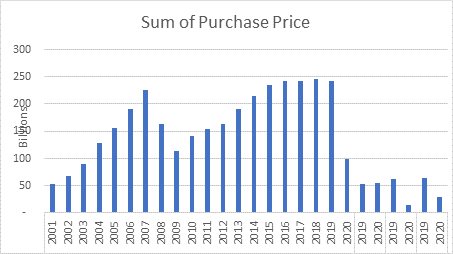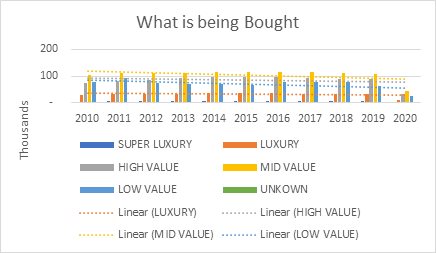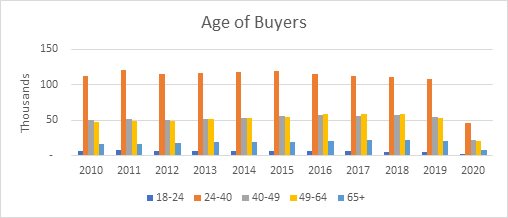
Top stories



ESG & Sustainability#BudgetSpeech2026: SRD grant unchanged, other Sassa social grants see hike
38 minutes



More news

ESG & Sustainability
South Africa’s carbon tax should stay: climate scientists explain why



















“Before the Covid-19 pandemic hit South Africa, the recession of 2008–2009 brought about the last major dip in the property market,” said Marx. “The recession lasted nine months, but the ripple effects filtered through until 2010 when the lowest number of transfers were recorded since 2001.”
Recessions tend to reduce buying power as unemployment rises and consumers become more cautious about spending money. As a result, property prices also tend to correct downwards, and while this is bad news for those who need to sell, it is definitely good news for those looking to enter the property market, purchase larger properties or second homes.

While the number of transfers recovered modestly after the 2008-9 recession, the total investment in residential properties increased from approximately R140bn in 2010 to over R245bn in 2018, before softening in 2019 and then collapsing after the lockdowns in 2020.

The data in the third quarter of this year shows an improvement on the second quarter. Perhaps more importantly, said Marx, we may already be seeing the first signs of a post-Covid-19 realignment of choice of place to live.
Lightstone recently reported in a Trading Places article that more families seem to be looking to work remotely and trade the hustle of big city living for the coast, where nature, family and lifestyle come first.
Estate agents have reported better than expected interest in popular coastal areas such as northern KZN and the southern Cape coast – and this mirrors a trend in other countries where those who no longer need to be in the cities are opting for safer, more relaxing lifestyles in smaller towns or villages.
“As a result, those who are relocating are creating opportunities in the cities for existing homeowners to buy-up and first-time homeowners to enter the market. Time will tell whether what we are seeing now turns into a future trend,” said Marx.
Consistent with previous years, mid-value houses dominated residential purchases in 2019, followed by high value and low value. House purchases have been declining for the last few years and we should see this continue into the next year, said Marx.

In terms of the age of buyers, it’s the 24-40 age group that buys the most properties, followed by the 40-49 and 49-64 age groups. According to Marx, this trend has been consistent over the last ten years and is unlikely to change.

Another trend that has been consistent is the popularity of freehold property which remains the most popular property type, followed by sectional title and estate living. The gap between the types has remained fairly static over the last ten years.
